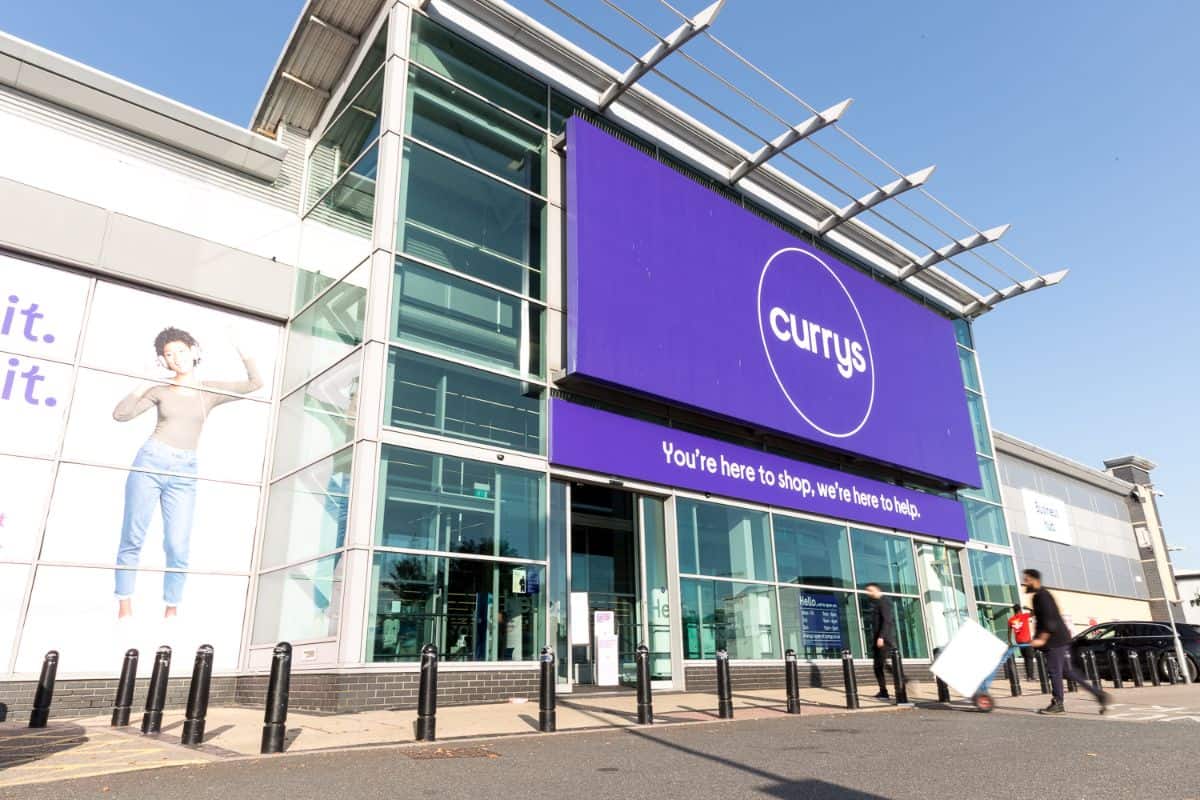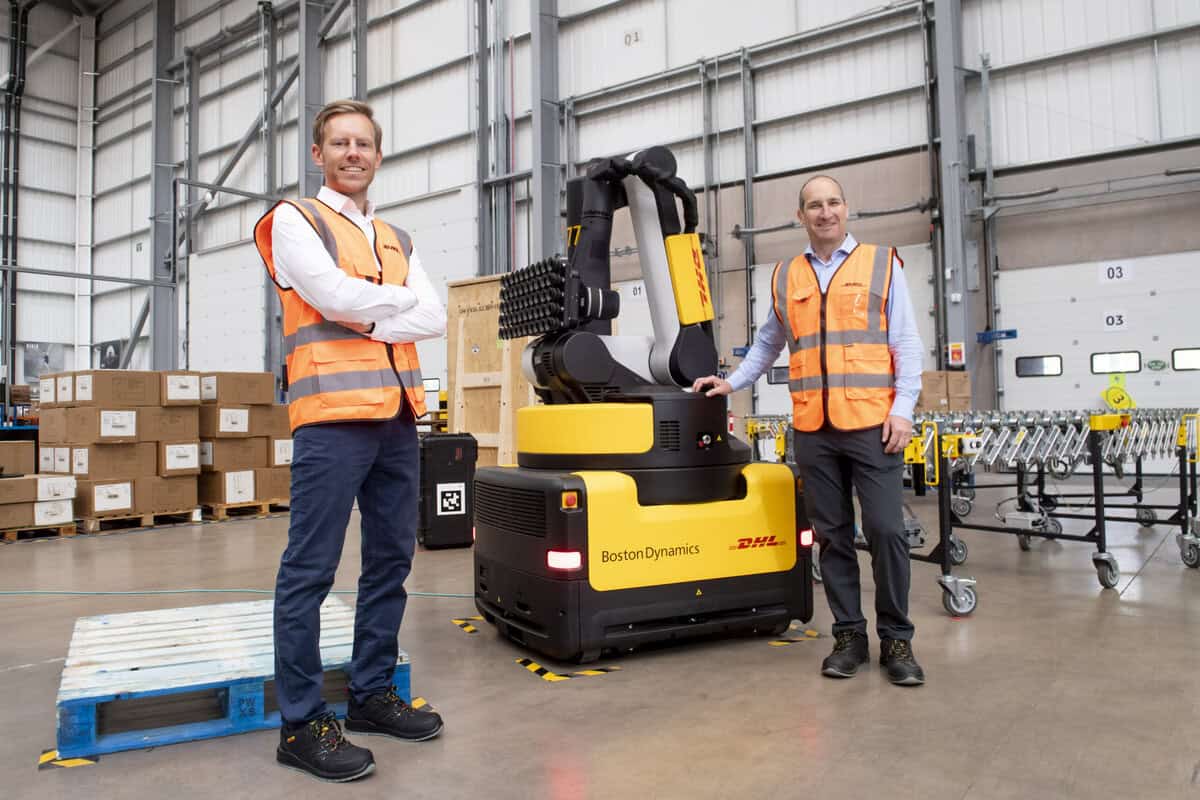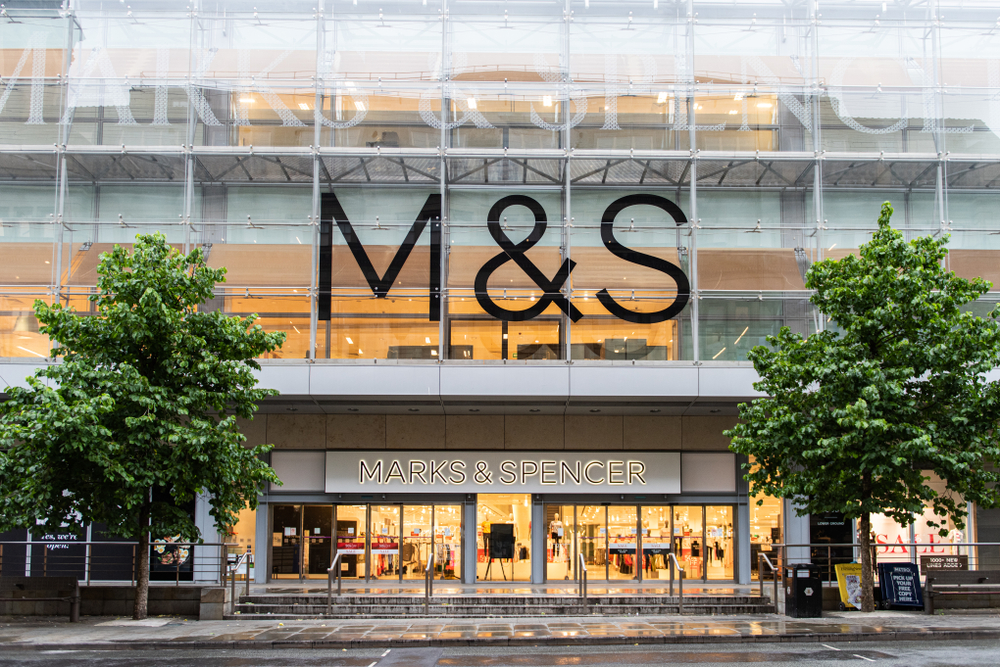Last week’s Mothering Sunday in the UK proved once again that shoppers are increasingly online led, with year-on-year growth of 54% in ecommerce sales – and it paints an interesting picture of how people shop.
The growth in online sales around this peak event shows that there is a cohort of shoppers that go in early, looking for bargains – with a spike in sales on 17 March, a full 10 days before the event – and then there are the last-minute merchants who drive a second peak two days before. There are even some daredevils who leave it to the day before.
This last tranche are those that have come to rely on next and same day delivery to save their hides and demonstrates that rapid delivery is now becoming entrenched in how some shoppers shop. This has not been lost of Ikea, which is closing one of its London mega-stores (in Tottenham) to concentrate not only on more local, small-format shops, but also the offer of 24×7 delivery.
This shift in how shoppers shop and how retailers respond is also playing out in the kind of ecommerce experience that merchants are offering customers – and there are some pretty big changes afoot.
Perhaps the most radical is that of the metaverse. Fashion Week last week not only heralded the arrival of the latest trends in trousers, but also it saw the creation of the first Metaverse Fashion Week, where Decentraland created what was to all intents and purposes a virtual shopping mall, stuffed with some of the biggest names in couture and high-end fashion.
Attracting among others, Selfridges, Tommy Hilfiger, Etro, Dolce & Gabbana, DYNY, Privé Porter, Charles & Keith, and WyldFlwr, the event was meant to showcase how far the metaverse has come, especially in fashion. In reality, it sort of proved how clunky it currently is. A mish-mash of designer NFTs for avatars, it still looks like a novelty. However, scratch the surface and you do find that some of these retailers were also selling NFTs redeemable for real-world exclusive items and most were also prompting users in the ‘verse to click through to their ‘traditional’ ecommerce sites and buy things.
While many pundits and shoppers alike were intrigued by the idea, there are many naysayers. However, it’s early days and there are glimmers of what it might be like living in a world where ecommerce is ‘done’ by shopping a sort of simulacrum of a real shop.
What is really fascinating is that the stores are all selling in cryptocurrency and to garner the best experience from shopping the metaverse require the linking of a cryptowallet to their metaverse avatar and associated account. This has all sorts of implications for how metaverse commerce may evolve: will it all be crypto? Will it change payments as we know it in other significant ways? Will it just be a flash in the pan and gone by this time next year? It remains to be seen.
What isn’t going away anytime soon are marketplaces – especially those operated by retailers to sell allied products to their core lines. Superdrug has become latest to announce its own marketplaces, which goes live in September, and is looking not only for complimentary products and brands to augment what it already sells, but also for new start-ups and innovative new products too.
This could, come the autumn, catapult Superdrug from low-cost high street lip-balm emporium into something of a health, wellness and beauty powerhouse. This is, if you’ll pardon the pun, the beauty of the enterprise marketplace model: it can transform a business from niche player to sector dominator rapidly and relatively easily. All in time for Mothers’ Day 2023.









